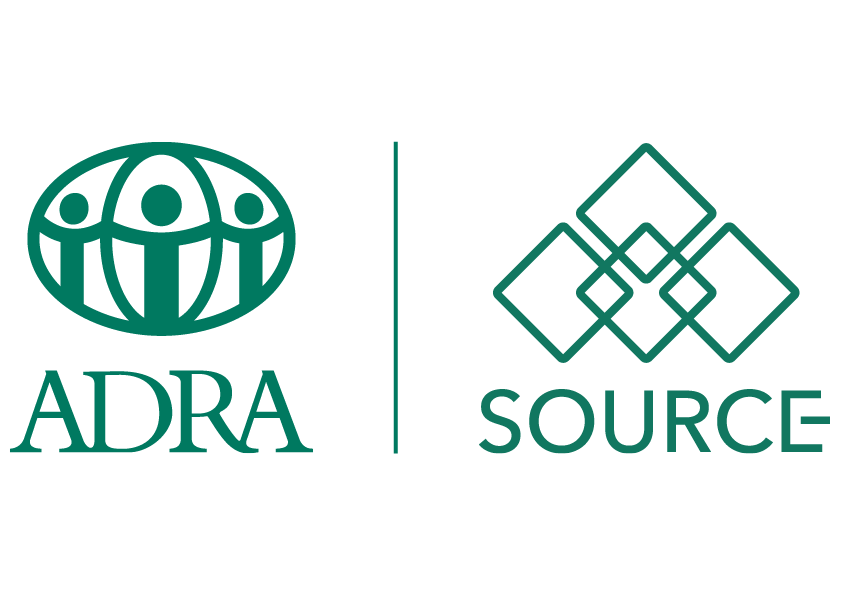The first thing to note is that ResourceSpace is fully web based, you need nothing more than a standard web browser. After logging in you arrive at the home page. Here we find a user-customisable dashboard.
Let’s take a look at the user interface.
At the bottom of the screen we have the collection bar. Collections are private to each user – think of them like shopping baskets, or bookmarks. Here users can build up collections of resources that they like, for example, for a project they are working on.
On the right hand side we have the simple search box. Here you can quickly and easily search for resources using a plain text search that works just like popular systems such as Google, Youtube, Flickr and so on, that users will be familiar with.
Let’s upload some resources. Simply click “upload” at the top of the screen. ResourceSpace is now asking us to enter the default metadata for the resources we’re about to upload. We can enter anything that we know is common among the files we’re about to upload. Later, after uploading, we can then fine-tune the metadata to make it more specific to each resource.
ResourceSpace supports flexible combinations of structured tags and free text fields to allow users to tag and search for resources. By using metadata, users are not restrained to knowing the original context or folder location of a resource, as they are able to search using various contexts (such as title, project, event, department and so on).
Out of the box ResourceSpace is configured with example metadata fields – these aren’t fixed and are very easily customisable to the needs of your organisation, as we’ll see later.
Reference: CLICK HERE

